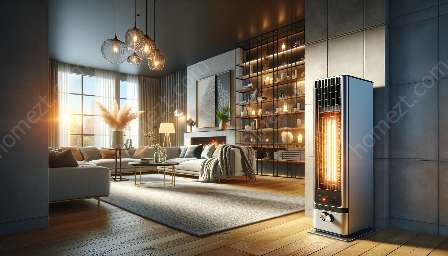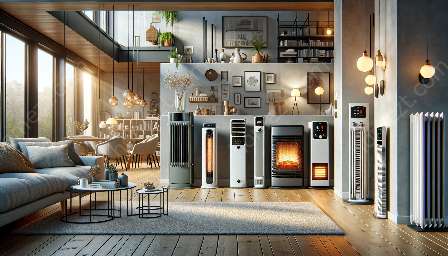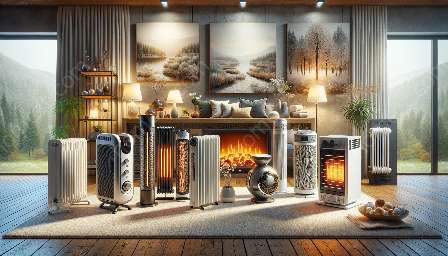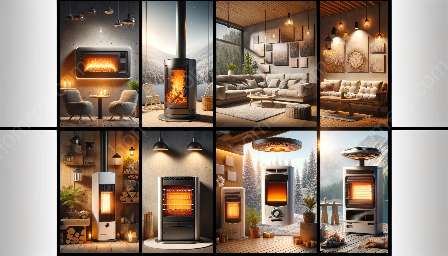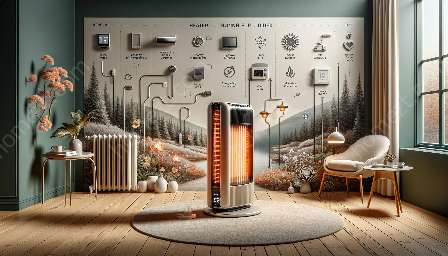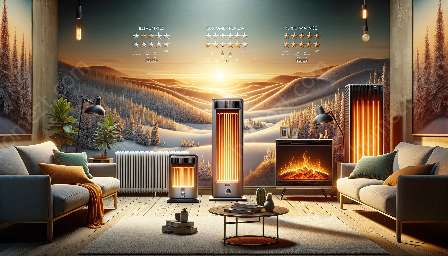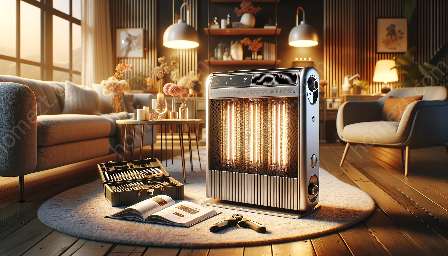Heaters are essential for maintaining comfort during cold seasons, and understanding their energy efficiency is crucial. In this comprehensive guide, we will delve into the topic of energy efficiency in heaters, exploring the different types of heaters, their energy consumption, and how to optimize their efficiency to save costs and reduce environmental impact.
Understanding Energy Efficiency
Energy efficiency in heaters refers to the ability of a heater to effectively convert energy into heat while minimizing energy wastage. The more energy-efficient a heater is, the less energy it will consume to produce the desired level of warmth.
Types of Heaters
There are various types of heaters available, each with different energy efficiency profiles. Common types include:
- Electric Heaters: Electric heaters convert electrical energy into heat, with some models featuring energy-saving settings and programmable timers to optimize efficiency.
- Gas Heaters: Gas heaters burn natural gas or propane to generate heat, and their efficiency can be influenced by factors such as insulation and maintenance.
- Radiant Heaters: These heaters produce heat through infrared radiation, offering focused and efficient warmth in specific areas.
- Oil-Filled Heaters: These heaters use electricity to heat oil, which then radiates heat, providing a steady and efficient warmth.
- Heat Pumps: Heat pumps transfer heat from the air or ground into a space, offering energy-efficient heating and cooling capabilities.
Factors Affecting Energy Efficiency
Several factors can impact the energy efficiency of heaters, including:
- Insulation: Proper insulation helps retain heat within a space, reducing the workload on the heater and improving efficiency.
- Size and Capacity: Choosing a heater that suits the size of the space is essential to avoid energy wastage.
- Thermostat Settings: Programming the thermostat to maintain an optimal temperature can prevent excessive energy consumption.
- Maintenance: Regular maintenance, such as cleaning filters and adjusting components, can enhance a heater's efficiency.
- Energy Star Ratings: Look for heaters with Energy Star certification, indicating superior energy efficiency.
Optimizing Heater Efficiency
To maximize the energy efficiency of heaters, follow these tips:
- Utilize Programmable Thermostats: Set your heater to lower temperatures during periods of inactivity or when you are asleep, reducing unnecessary energy consumption.
- Improve Insulation: Enhance the insulation in your home to reduce heat loss, allowing the heater to operate more efficiently.
- Choose Energy-Efficient Models: When purchasing a new heater, select models with high energy efficiency ratings and features designed to minimize energy usage.
- Maintain Regular Servicing: Schedule routine maintenance for your heaters to ensure they operate at optimal efficiency.
- Consider Zoning: If possible, implement zoning systems to heat specific areas of your home as needed, avoiding unnecessary heating.
Conclusion
Understanding and optimizing the energy efficiency of heaters is essential for reducing energy consumption and environmental impact, while also saving costs. By choosing the right type of heater, considering factors that affect efficiency, and adopting energy-saving practices, individuals can make a significant impact on their energy usage while staying warm and comfortable.


